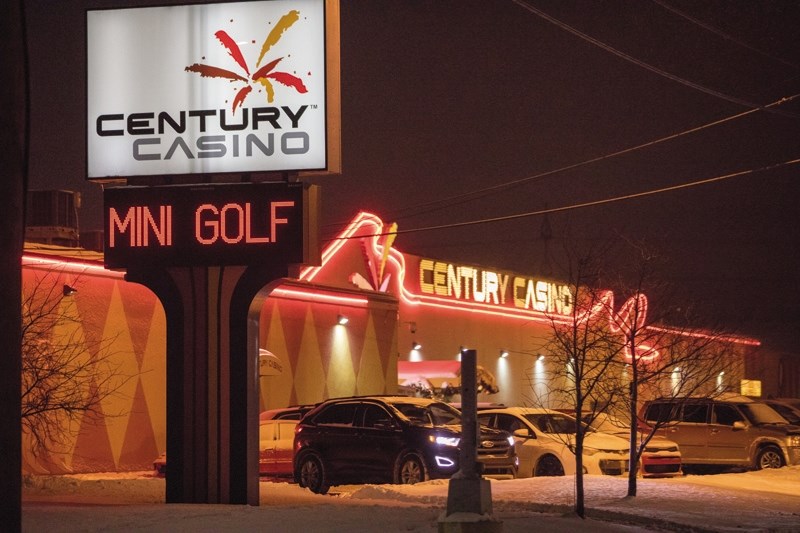Foothills non-profit organizations say Alberta’s charity casino program unfairly benefits urban groups compared to their rural counterparts.
Alberta Finance Minister Joe Ceci said he is well aware of the issue and the provincial government and Alberta Gaming and Liquor Commission (AGLC) will look at possible changes to the program to address the discrepancy.
“The program was set up several years ago and as a result of listening to concerns from rural areas and charities in particular, we are examining this with the AGLC and the board is going to be looking at the issue and coming up with recommendations to adapt and make it better,” he said.
Scott Sherman, Blackie School parent council chairman, said changes are necessary.
“The bottom line is that if you’re not in Calgary you get casinos less frequently,” he said.
Sherman said groups from outside the city get fewer casinos and the payout is lower.
“At the end of the day we get about half the money, because we get it less frequently,” he said. “They get it every 18 months and they get more. It kind of works out to be two-to-one in their favour and there’s no rhyme or reason for this.”
It’s a question of equity, said Sherman, because the Blackie parent council does the same work as parent councils in urban centres and it relies on funds received from charity casinos to support programs at the school.
Foothills Kinettes President Kim Rourke said the High-River-based group gets a casino every three years, while their counterparts in Calgary have two casinos during the same time period.
“This year we budgeted to bring in about $30,000,” she said. “The Calgary groups are making around $80,000 and they are one-and-a-half years between casinos. So, there is quite a big difference.”
Rourke said it’s a contentious issue among recipient organizations and it should be looked at. She said the disparity means the group has to do more fundraising to support initiatives in the Foothills.
“We cover Okotoks, High River, Black Diamond, Turner Valley, so we have quite a big area that our cash has to go towards, it’s hard to stretch that,” said Rourke.
At the same time, Rourke said they don’t want to always have to go back to the same donors, and casinos help ensure they don’t have to go back to sponsors as often for support.
Bonnie Yaskiw, AGLC board liaison, said they are well aware of the issue and the review is expected to begin in the New Year.
“I fully agree with you, there is a huge, huge variance there,” she said.
Yaskiw said groups based in Calgary are waiting approximately 20 months for a casino, while rural groups are waiting 35.9 months.
A similar difference exists for the amount of funds groups receive after the casino. Yaskiw said Groups based in Calgary are earning $64,615 from each casino they volunteer at, while the payout received by rural groups is $51,346. On an annualized basis, rural charities get about $17, 163, while urban groups receive $38,769.
Yaskiw said there haven’t been any significant changes to the casino model for many years.
Alberta charitable organizations received $240 million from casino events during the 2016-’17 fiscal year, ending March 31.
To qualify to apply for a casino, a group must have been in operation for at least two years. At this point, groups that apply for a casino are put into the queue.
Growing demand for casinos has resulted in longer wait times, said Yaskiw.
She explained casino events are scheduled at the nearest available casino facility for individual groups. Groups that provide services in Edmonton or Calgary are scheduled at facilities in either city, while those that serve areas outside the two centres are scheduled at designated rural casinos. For Foothills groups, this is the Century Casino in Calgary.
Any changes to the model need to be fair and should provide the most benefit to all Albertans, said Yaskiw.
“We need to ensure that we maximize the benefit for our charities and that we can look at some of these variances that are in place across the province,” she said.
Yaskiw said recommendations will go in front of the AGLC board for further direction, before the final plan is presented to the provincial government.
She said public consultation is important, but they haven’t yet determined how input will be collected.
“The model is complex, there’s many different parties involved in our model, from the organizations that conduct the events to the operators to Albertans to other key stakeholders that are involved in our casino process,” said Yaskiw.


.JPG;w=120;h=80;mode=crop)

